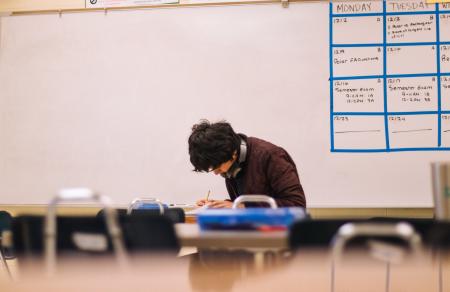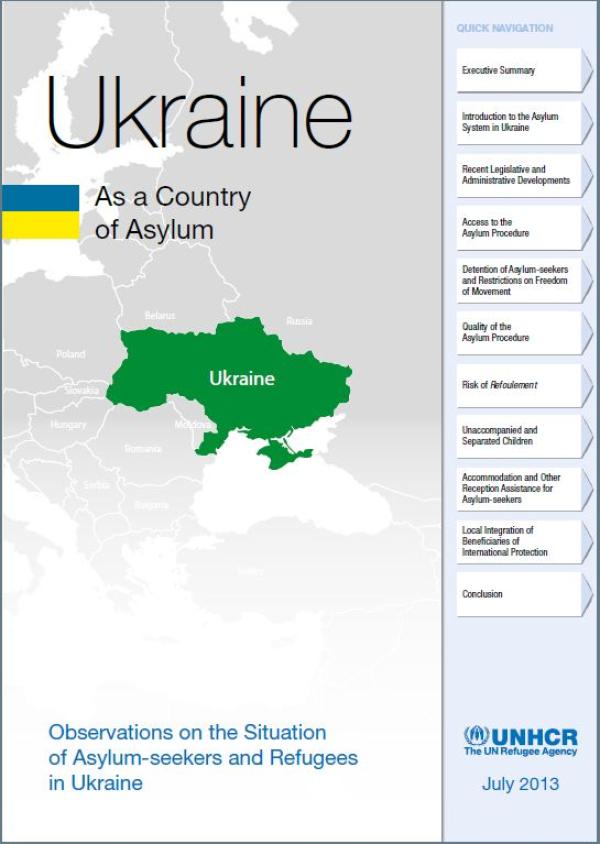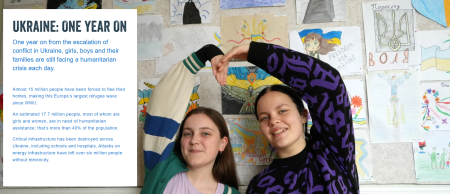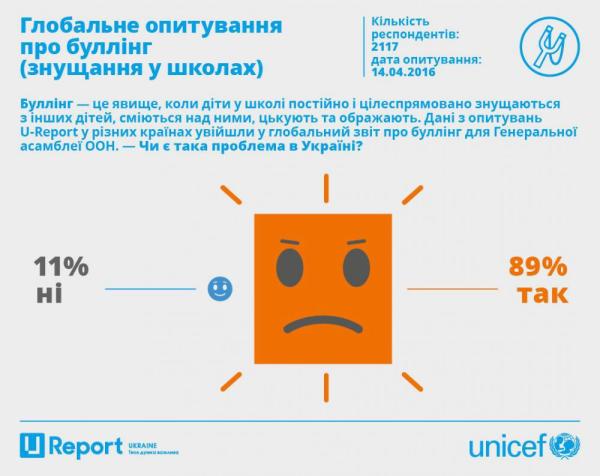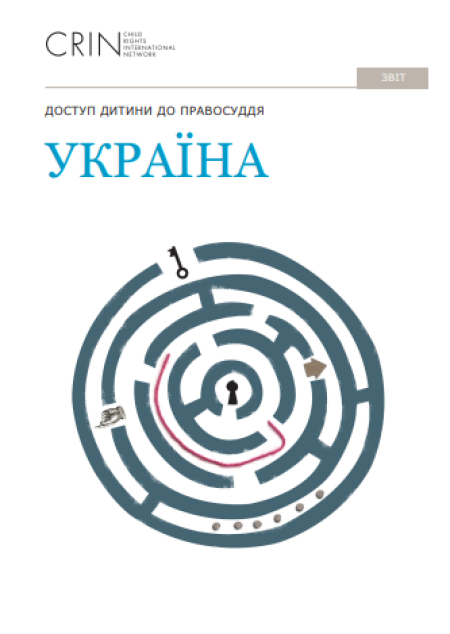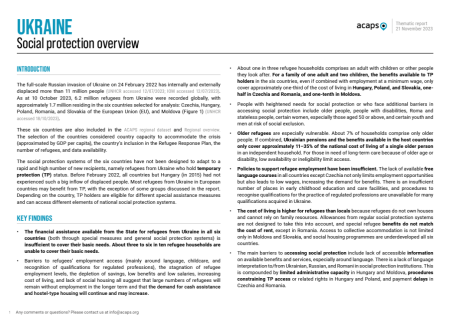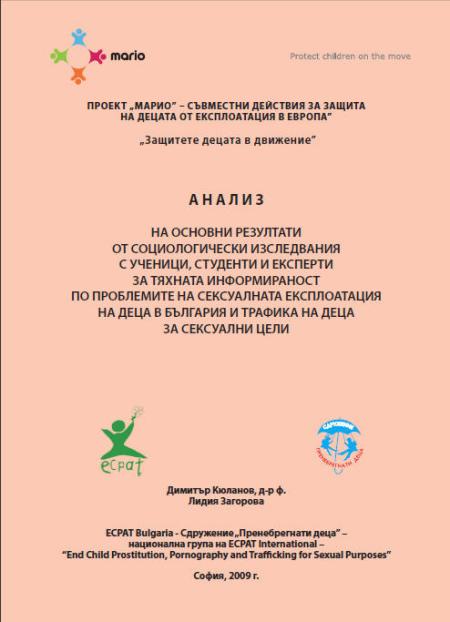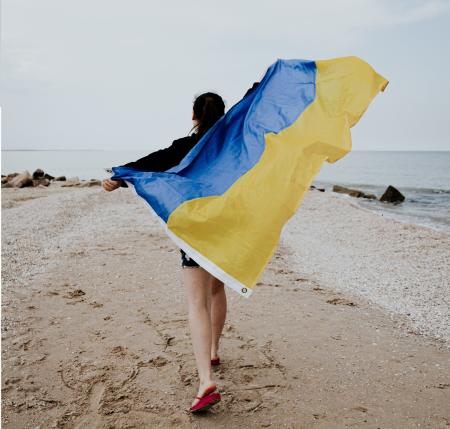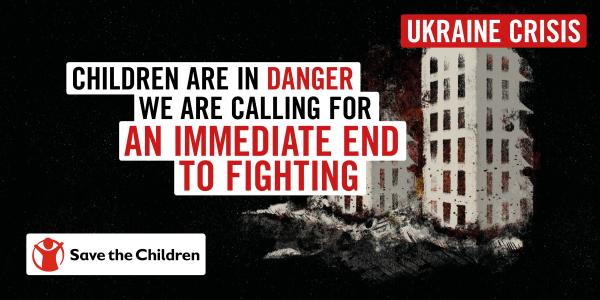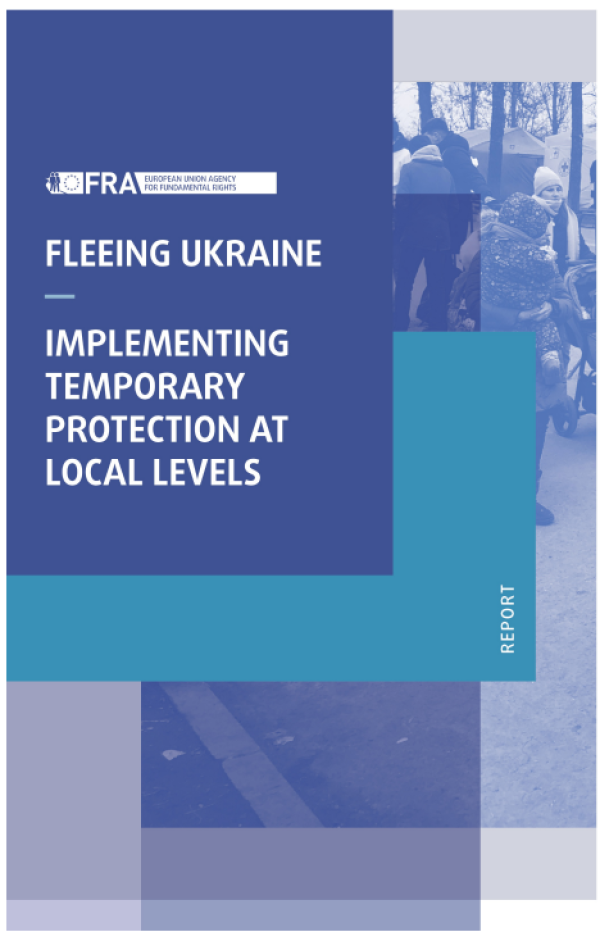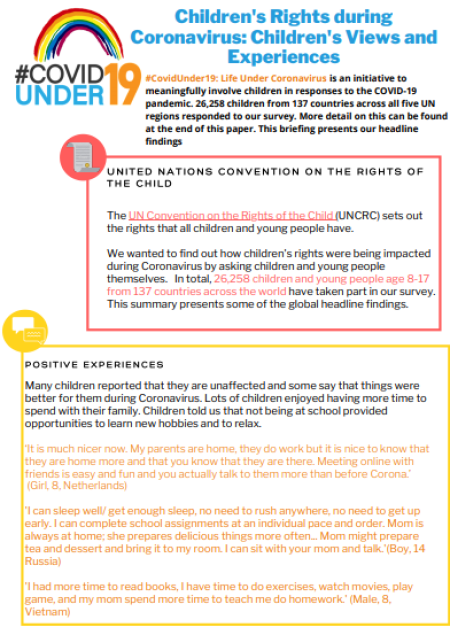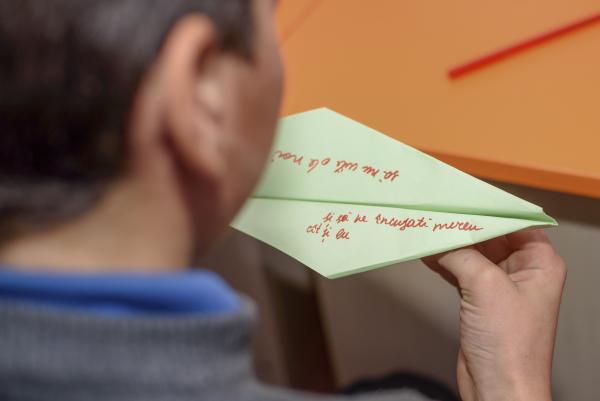

Gender-based violence in schools violates the fundamental rights of children and is a form of gender discrimination. Children have the right to protection from all forms of violence, including in school life. Declaratively, this point of view is shared by the whole modern Ukrainian school. But did you know that there are far fewer cases of violence on the radar of teachers than there really are? Moreover, cases of more serious violence may, for a variety of reasons, never come to the attention of teachers.
This is evidenced by the results of a survey conducted in 25 schools in Ukraine, Romania and Moldova within the framework of the project "ACTIV – Actions against Violence". Among other key findings, the study shows that:
- The most common reason for a child's aggressive behavior is a desire to attract the attention of others.
- The most common factor that can make a child a target of bullying is his/her difference from others: getting better or worse grades, lacking of fancy gadgets and clothes, being too tall or too short, having bright hair color, etc.
- Children do not report abusive behavior to teachers or parents because they are afraid of the consequences and of being branded as "snitches”.
The results of the survey indicate that gender stereotypes could also lead to misunderstandings and conflicts in school environment. Thus, according to the survey, girls are more likely to experience psychological and sexual manifestations of violence, while boys are more likely to experience physical violence. In addition to direct moral suffering, violence could lead to more serious and long-term health consequences, such as anxiety, low self-esteem, and depression.
Fortunately, gender-based violence can be prevented. Based on the key findings, TDH’s teams of specialists and psychologists are currently developing a methodology that will help teachers to better address the gender-based violence. The developed procedure aims as well to help children to get engaged at the process of creating a safe and friendly environment in school through the implementation of their own initiatives.
Project implemented by the Fundația Terre des hommes Elveția (România), in partnership with Reprezentanța din Republica Moldova a Fundației Terre des Hommes Lausanne – Elveția and Separate Division of Terre des hommes - Helping children worldwide - Foundation in Ukraine with the financial support of the Active Citizens Fund Romania, programme funded by Iceland, Liechtenstein and Norway through the EEA Grants 2014-2021. The content of this material does not necessarily reflect the official position of the EEA and Norway Grants 2014-2021; for more information visit www.eeagrants.org
We work together for a green, competitive and inclusive Europe.


